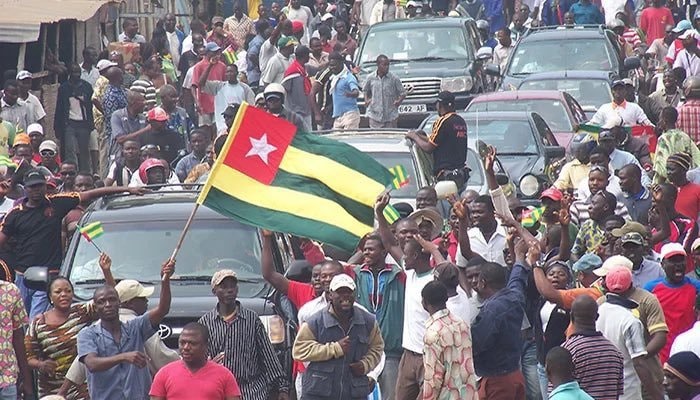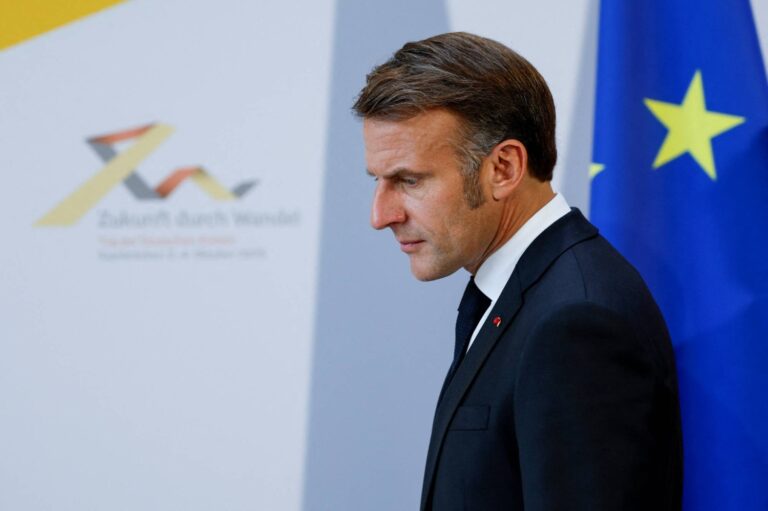
Protests have erupted across Togo as citizens react to sweeping constitutional changes that tighten President Faure Gnassingbé’s grip on power. The new framework allows him to step down as president and become prime minister—now the most powerful position in government. The change removes term limits and grants him full executive control, sparking outrage in Lomé and other cities.
At least five people have died in clashes with security forces in recent weeks. Demonstrations are likely to continue as many reject what they see as a new tactic to extend decades of family rule. This wave of protest is not led by traditional opposition parties, which recently lost local elections. Instead, young activists, bloggers, and musicians have taken charge, tapping into widespread frustration.
The Gnassingbé family has ruled Togo for nearly 60 years, beginning with the late Gnassingbé Éyadéma and continuing under Faure since 2005. Faure’s new move echoes similar dynastic trends seen in countries like Cameroon and Gabon, though Gabon’s Bongo family was recently removed in a coup. Many young Togolese view the constitutional shift as an attempt to retain power under a new title.
Faure Gnassingbé, now 59, became prime minister after his ruling party, Union pour la République (Unir), used its dominance in the national assembly to implement the changes. Electoral boundaries favor the party’s northern base and reduce southern opposition influence. Critics say this system ensures Unir retains power regardless of public dissatisfaction.
Government officials defended the constitutional changes. Gilbert Bawara, Minister of Civil Service, claimed the 2024 elections were fair and inclusive. He urged lawful protests and accused activists abroad of encouraging youth to confront security forces. Authorities described the unrest as an effort to destabilize the country, not a legitimate response to political reform.
The new structure was introduced in early 2024 and passed quickly by the Unir-controlled assembly. No referendum or public debate occurred. By May, Gnassingbé officially stepped down as president and assumed the premiership, which now includes control over the military. The presidency was reduced to a ceremonial role and given to 86-year-old Jean-Lucien Savi de Tové.
Officials claim this marks a shift toward a parliamentary model, aligning with Commonwealth systems after Togo joined the bloc in 2022. But critics argue it is a cover for authoritarianism dressed in democratic language. International reaction has been muted as global attention remains focused on crises in Gaza and Ukraine.
The regional body ECOWAS has also stayed silent, despite its rule requiring a six-month delay between constitutional reforms and elections. Observers say ECOWAS is wary of criticizing Gnassingbé, especially after Burkina Faso, Mali, and Niger withdrew from the bloc.
Protests intensified after the arrest of rapper Essowe Tchalla, known as Aamron, who had criticized the president in his music. Security agents detained him, and he later appeared in a video from a mental hospital, apologizing for his remarks. Many citizens believe the video was staged. His release without charges reignited protests in Lomé.
Human rights groups report dozens of arbitrary arrests, including bystanders with no ties to the protests. Pro-government groups have been seen patrolling the streets in trucks. In addition to the confirmed deaths, bodies were found in local lagoons, raising fears of more casualties.
Cultural figures like Aamron and jailed poet Honoré Sitsopé Sokpor have become symbols of resistance. Many young Togolese say they trust artists more than traditional political leaders. Voter turnout in recent elections has dropped sharply, with some polling stations almost empty.
Critics view the new constitution as a tool to extend the Gnassingbé dynasty. Regional media have called the setup a “republican monarchy” and an example of “legalist authoritarianism.” Despite official claims of reform, many citizens feel excluded and distrustful of the political process.
In conclusion, protests over Togo’s new constitution reflect growing anger against a government many accuse of consolidating power through manipulation. As Faure Gnassingbé settles into his new role as prime minister, the outcome of this political struggle could determine whether Togo embraces real democracy or remains under dynastic rule.

